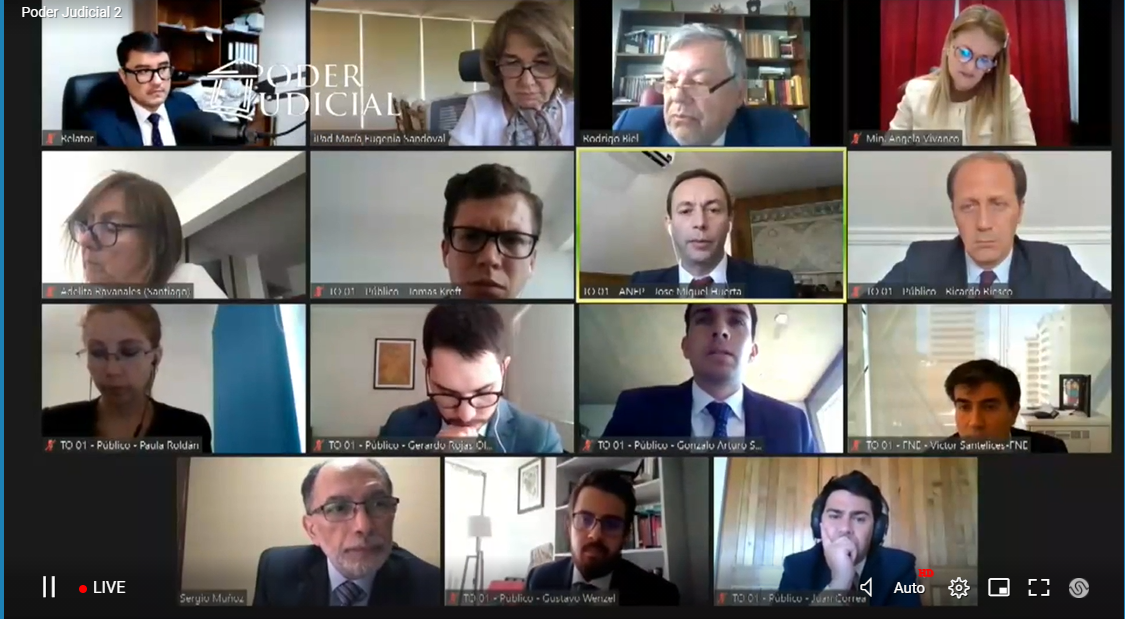¿qué estás buscando?

FNE, Chilean Competition Authority, asks Supreme Court to confirm judgment against the National Football Association and increase fine in a barrier to entry case

The Head of Litigation of the National Economic Prosecutor’s Office (FNE), Victor Santelices, asked the Supreme Court in a hearing held today, to confirm the judgment issued by the Competition Tribunal (TDLC) in June that sanctioned the National Professional Football Association (ANFP) for demanding an entry fee large enough to carry anticompetitive effects.
The FNE filed a case against ANFP in January 2018 because the Association incorporated, in 2011, a high entrance fee for the team that ascended from the third to the second category of Chilean football. The fee amount was about USD 2 million until 2017 when it was lowered to USD 1 million. The FNE argued that those numbers are high enough to impede the winning team’s ascendance into the second category, and even if the team manages to pay the fee and ascend, it faces challenges regarding a diminished ability to compete. This was the case for several teams that paid the fee, like Iberia, Deportes Valdivia, and Barnechea.
The Football Association denied the consequences mentioned by the FNE, even though the club Barnechea was effectively impeded from competing in the second category in 2017 because the team did not pay the fee. This situation was reversed by a precautionary measure issued by the TDLC in the face of a demand filed by Barnechea.
The ANFP presented several justifications for the existence of the incorporation fee, all of which were discarded as insufficient by the TDLC. In today’s hearing, the ANPF asked the Supreme Court to reassess the judgment of TDLC, while the FNE asked to confirm the ruling and increase the fine imposed by the Tribunal, from about USD 2.5 million to USD 4 million, which was initially requested by the FNE.
A crucial part of the trial was the discussion regarding competition law application to the ANFP’s rules for tournaments, considering that sports leagues have a right to self-determine their own rules. The TDLC declared in its judgment that as football involves economic activities the ANFP is, therefore, subjected to competition law.
Another controversial issue was the moment in which the limitation period begins. According to ANFP the period is expired, so the illicit was unprosecutable, whereas FNE held that the infringement has not ceased and, therefore, the limitation period has not even begun. The TDLC adopted the last position in its judgment.
This case is one of few relating abuse of dominant position filed by the FNE in the last years.











